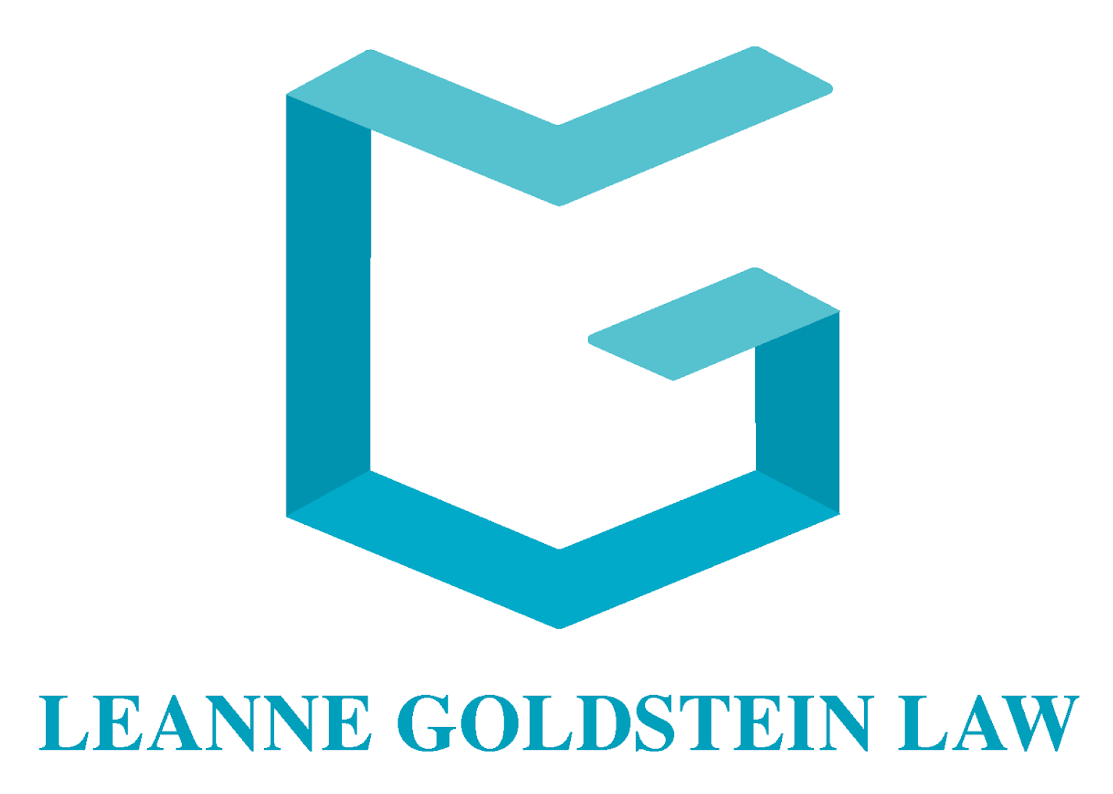In the realm of disability claims, the concept of treatment compliance often plays a crucial role. However, as the medical world evolves, many individuals are turning towards a blend of traditional and holistic treatments. This blog post explores how individuals navigating disability claims can balance traditional medical treatments with holistic approaches and how this impacts their claims.
Understanding Treatment Compliance in Disability Claims
The Role of Treatment Compliance: For most disability insurance policies, compliance with medical treatment is a key factor. It generally means following a treatment plan as prescribed by healthcare professionals.
Implications for Claims: Non-compliance can sometimes lead to a denial of disability benefits. Insurance companies often require proof that the claimant is actively seeking treatment and adhering to various treatment modalities in an attempt to improve their condition.
The Rise of Holistic Approaches
Defining Holistic Treatments: Holistic treatments focus on healing the whole person, including their physical, mental, emotional, and spiritual health. This can include modalities such as acupuncture, herbal medicine, yoga, reiki, meditation, and more.
Growing Popularity: Many individuals find that these alternative treatments offer significant benefits, sometimes in conjunction with, or in place of, traditional medical approaches.
Balancing Traditional and Holistic Treatments in Claims
Combining Approaches: It’s not uncommon for individuals to pursue a combination of traditional and holistic treatments. However, this can complicate disability claims, as insurers may not recognize all forms of holistic care.
Documenting Holistic Care: If holistic treatments are part of your regimen, document them thoroughly. This includes records of appointments, practitioner credentials, and explanations of how the treatments contribute to managing your condition.
Legal and Insurance Perspectives
Insurer’s Viewpoint: Insurers typically rely on conventional medical treatments when assessing claims. They might be skeptical about the efficacy of holistic methods, considering them less proven or not medically necessary.
Legal Considerations: When a claim is contested, legal intervention might be necessary. A lawyer can help argue the legitimacy and necessity of holistic treatments as part of your overall health plan and provide guidance and advice as to how insurers may perceive specific interventions. Alternative therapies as a mitigation in law may be more appropriate in disability claims for psychological illness than they would be in claims where the disabling condition is cancer.
Advocating for Holistic Treatments in Your Claim
Educating Insurers: Providing educational materials about the benefits and legitimacy of your holistic treatments to your insurer can sometimes influence their decision.
Professional Endorsements: Support from your primary healthcare provider or a specialist who can vouch for the efficacy of the holistic treatments can bolster your claim.
Challenges and Moving Forward
Navigating Skepticism: Be prepared to face skepticism and possibly a more challenging path when attempting to prove the efficacy of holistic or alternative treatment to insurers.
Future Prospects: As holistic medicine becomes more mainstream, there is hope that insurance policies and disability laws will evolve to be more inclusive of alternate treatment methods. There has been, for instance, a significant shift in how insurers have perceived cannabis treatments over the years.
Conclusion
Navigating disability claims while balancing traditional and holistic treatments requires careful documentation, open communication with insurers, and legal support in appropriate circumstances. While there are challenges in integrating holistic approaches into disability claims, being proactive and well-informed can help in advocating for the legitimacy and necessity of your complete treatment plan.
